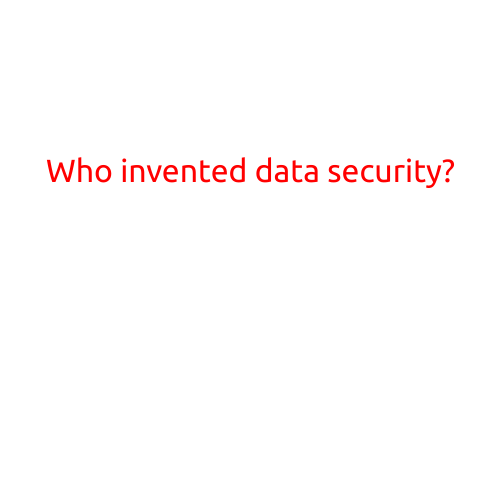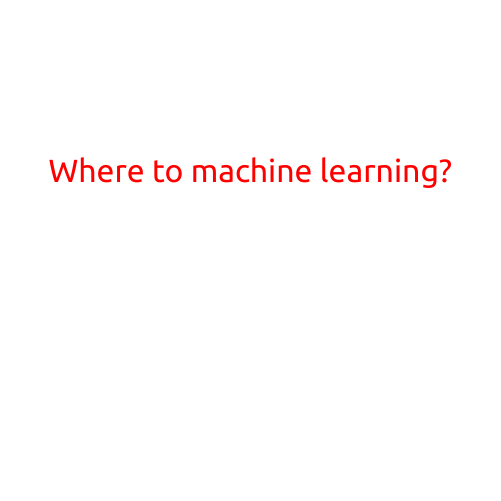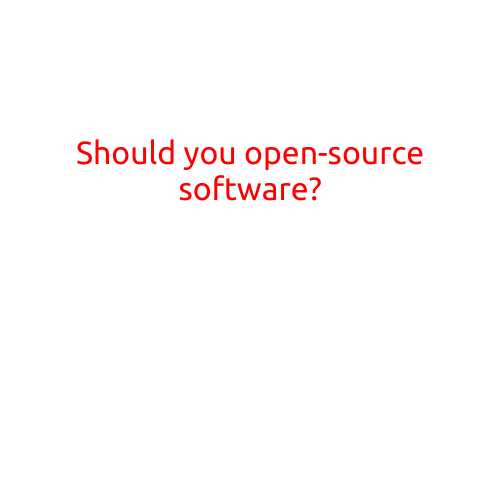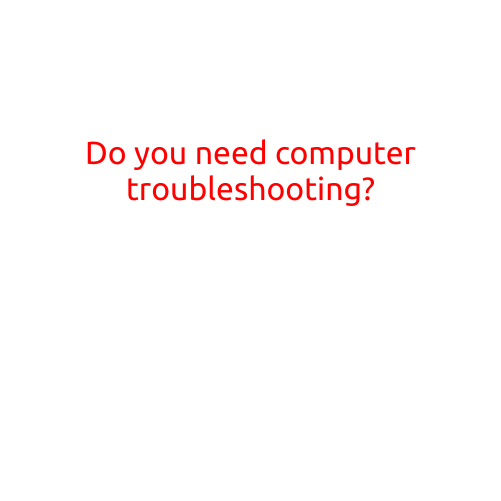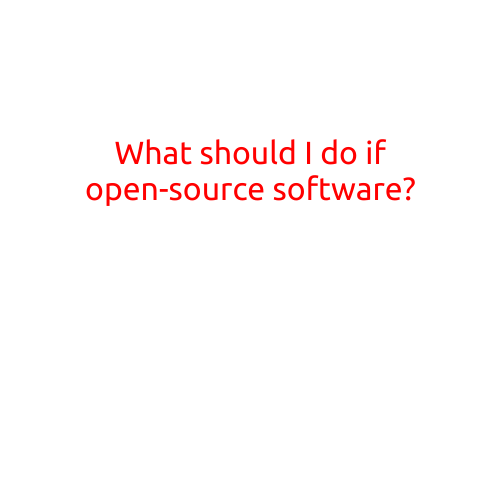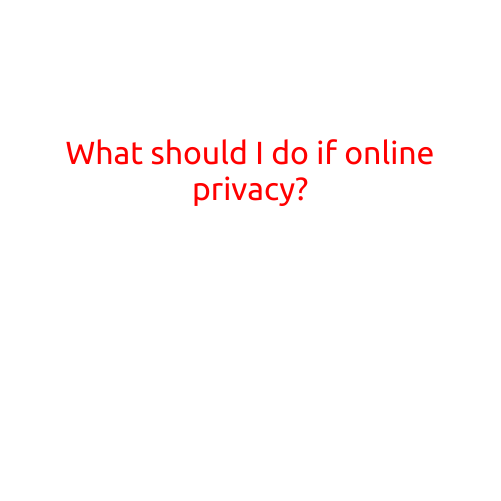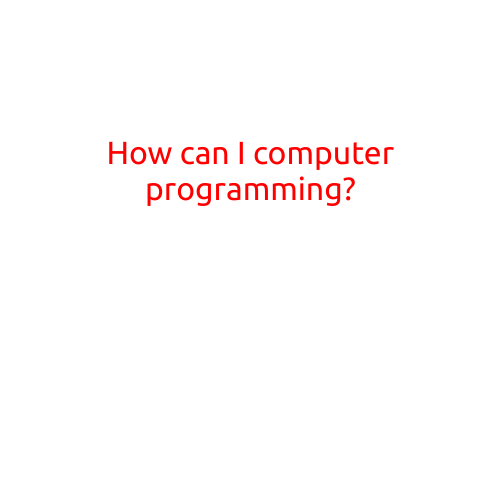
How Can I Start Computer Programming? A Beginner’s Guide
Are you curious about the world of computer programming? Do you want to learn how to create software, apps, and games that can change the way people live and work? If so, you’re in the right place. Starting a career in computer programming can seem overwhelming, but with the right guidance, you can get started quickly and easily.
What is Computer Programming?
Computer programming, also known as coding, is the process of designing, writing, testing, and maintaining the source code of computer programs. This source code is written in one or more programming languages, which are used to communicate with a computer and instruct it to perform specific tasks.
Why Should I Learn to Program?
There are many reasons why learning to program is a valuable skill:
- Job Opportunities: Programming is a highly demanded skill in the job market, and knowing how to program can open doors to a wide range of career opportunities.
- Problem-Solving: Programming teaches you how to think logically and solve problems creatively, which are valuable skills in many areas of life.
- Personal Projects: With programming, you can create your own projects, such as games, apps, or websites, that can be used to express your creativity and showcase your skills.
- Personal Growth: Learning to program can be a challenging and rewarding experience that can help you develop your critical thinking, problem-solving, and communication skills.
How Can I Get Started with Programming?
Getting started with programming is easier than you might think. Here are the steps you can follow:
- Choose a Programming Language: There are many programming languages to choose from, including Python, Java, JavaScript, HTML/CSS, and Ruby. Choose one that interests you and has good resources available.
- Get the Right Tools: You’ll need a computer or laptop with a code editor or IDE (Integrated Development Environment) installed. Some popular choices include Visual Studio Code, Sublime Text, and Atom.
- Find Tutorials and Resources: There are many online resources available to help you learn programming, including tutorials, videos, and online courses. Some popular choices include Codecademy, FreeCodeCamp, and Coursera.
- Practice, Practice, Practice: Programming is a hands-on skill, and the best way to learn is by writing code. Start with simple exercises and projects, and gradually work your way up to more complex tasks.
- Join a Community: Connecting with other programmers can be a great way to get support, feedback, and motivation. Look for online communities, forums, and social media groups related to programming.
Additional Tips for Beginners
- Start with the Basics: Don’t try to learn too much too quickly. Start with the basics of programming, such as data types, variables, and control structures.
- Be Patient: Programming can be challenging, especially for beginners. Don’t get discouraged if you don’t understand something at first. Keep practicing, and you’ll get there eventually.
- Find a Mentor: Having a mentor who can guide you and provide feedback can be a great way to learn programming.
- Work on Projects: Programming is most fun when you’re working on projects that you’re passionate about. Finding projects that you enjoy can help you stay motivated and engaged.
Conclusion
Learning to program can be a rewarding and challenging experience. With the right guidance and resources, you can get started quickly and easily. Remember to choose a programming language that interests you, get the right tools, find tutorials and resources, practice regularly, and join a community. With dedication and persistence, you can become a skilled programmer and achieve your goals.
